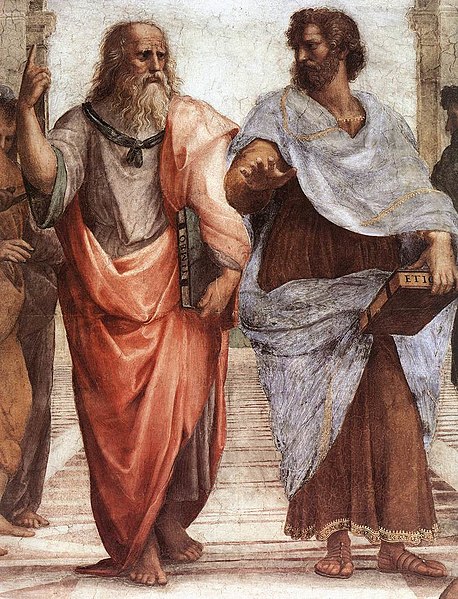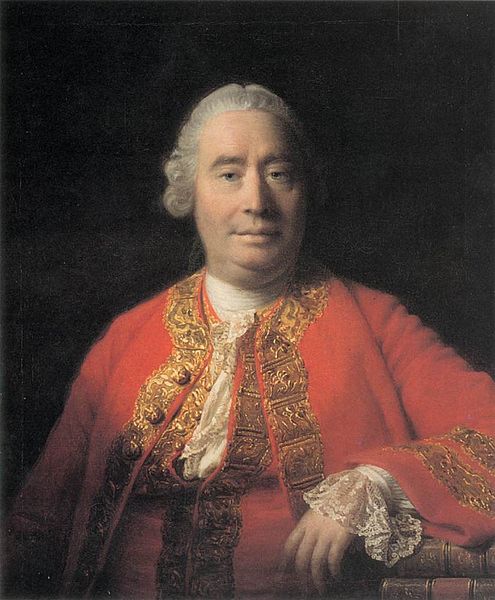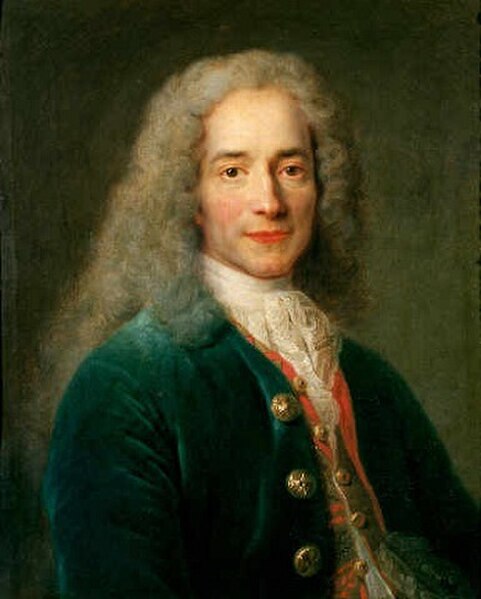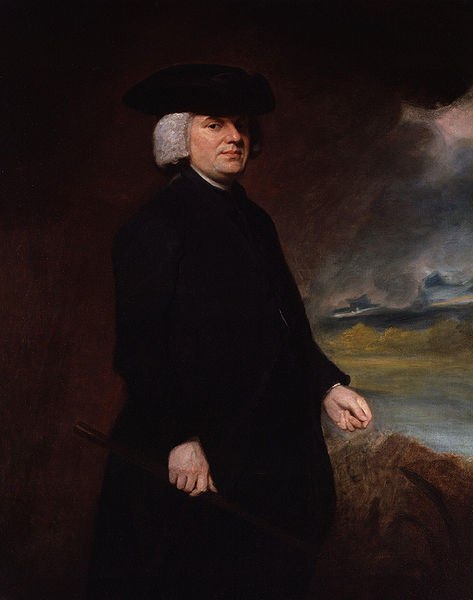Infinite photos and videos for every Wiki article ·
Find something interesting to watch in seconds
Celebrities
Supercars
Largest Empires
British Monarchs
Crown Jewels
Wonders of Nature
Sports
History by Country
Kings of France
Ancient Marvels
Largest Palaces
Orders and Medals
Recovered Treasures
Rare Coins
Richest US Counties
Countries of the World
Famous Castles
Great Museums
Best Campuses
World Banknotes
Great Artists
Animals
Presidents
Tallest Buildings
Wars and Battles
Great Cities
more top lists





